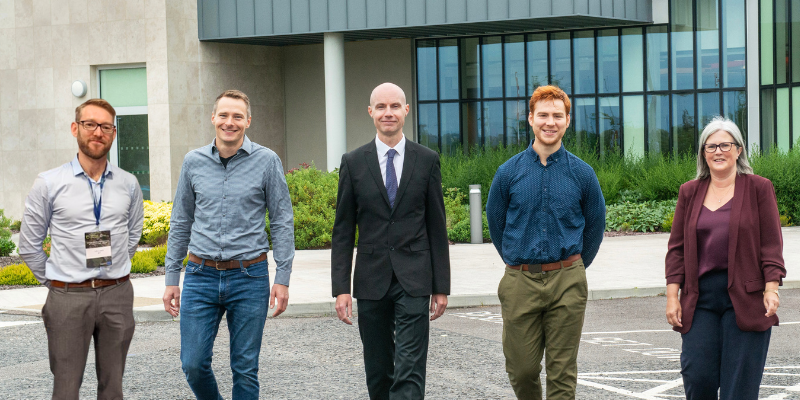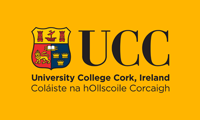News
Largest survey of microbes in food to date

The first comprehensive database of food metagenomes has been developed by the EU-funded MASTER project; the associated paper ‘Analysis of 2,500 food metagenomes reveals unexplored microbial diversity and links with the human microbiome’ is published today in the prestigious journal Cell. The curatedFoodMetagenomicData (cFMD) database is a milestone database of metagenomes (the collective term for all of the genomic material from all of the microorganisms in an environment) from food that will enable DNA sequencing technologies to operate at their peak potential, helping researchers tackle global challenges, like food waste and antimicrobial resistance, while increasing food safety.
Food microbes can have both a positive impact on food production, such as through food fermentation, or a negative impact, such as spoilage or foodborne disease. Until recently, analysis of these microbes has relied heavily on traditional approaches requiring the growth of these microorganisms on agar in Petri dishes, with different agars used for different microorganisms. The application of high throughput DNA sequencing based methods has the potential to transform food testing as it allows the rapid, simultaneous testing for all microorganisms in parallel, including those that are difficult to grow. The availability of this new database has been facilitated by the DNA-based testing of thousands of samples collected from across European food processing facilities. The existence of the new database means that, going forward, the data generated from DNA sequencing-based analysis of food samples can be rapidly and accurately analysed to rapidly identify and control undesirable microorganisms while also improving the health promoting attributes of foods that contain desirable microbes.
MASTER (Microbiome Applications for Sustainable food systems through Technologies and EnteRprise) is a European Union’s Horizon 2020 funded 30 partner project which kicked off in January 2019 to map microbiomes across a range of food and non-food environments with pioneering sequencing technologies. The study was led by teams from the University of Trento and University of Naples Federico II (Italy), Teagasc (Ireland), Spanish National Research Council and University of Leon (Spain), MATIS (Iceland) and FFoQSI (Austria), with many other contributors.
The cFMD database is a major development for microbiome research as it has added 1,950 food samples to the existing global library bringing the sample selection up to 2,500. As an open access resource this facilitates the large-scale application of this technology worldwide by academics and industry.
MASTER project coordinator Prof Paul Cotter is Head of Food Biosciences at Teagasc (the Irish Agriculture and Food Development Authority) and a Principal Investigator at APC Microbiome Ireland and VistaMilk, world leading Science Foundation Ireland (SFI) Research Centres. Prof Cotter says “The cFMD is a large curated database of foods metagenomic data, representing 15 food categories (from 52 countries). The cFMD contains data relating to 3,600 different microbial species (of which 290 are novel species). It is available free of charge, to be extensively used for microbiome studies and applications in food industries, e.g., studying microbe movement along the food chain, studying the spread of antimicrobial resistance genes, detecting undesirable microbes, and investigating the transmission of microbes to humans. The availability of cFMD represents a major step toward a future where metagenomic sequencing could replace classical microbiology as a more accurate and faster food-chain microbe tracking tool.”
‘Analysis of 2,500 food metagenomes reveals unexplored microbial diversity and links with the human microbiome’ is published in Cell and available to read online here


